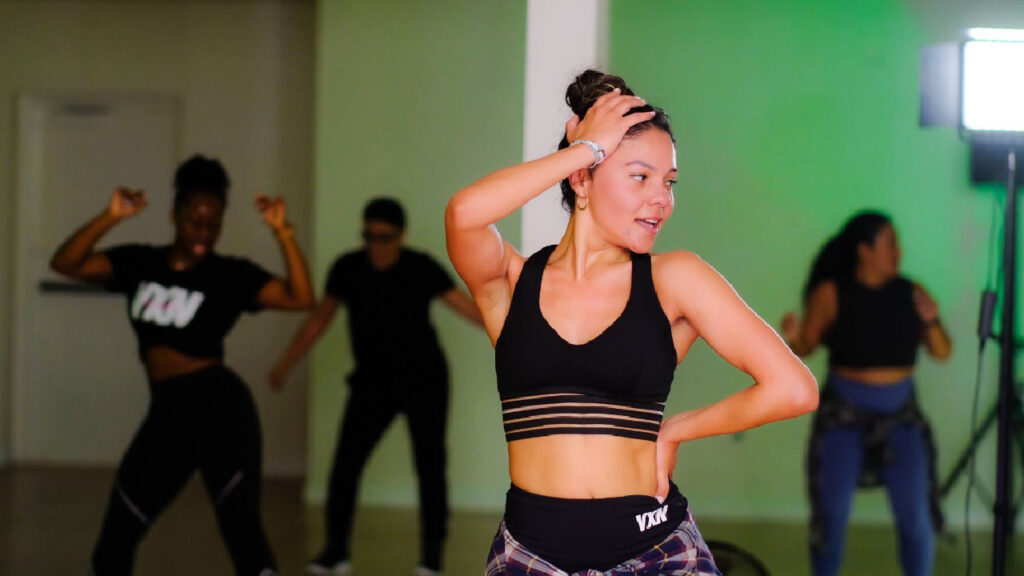
So, Are They Being Vulnerable—Or Just Floodlighting You?
Picture this: You’re halfway through an espresso martini on a second date when they suddenly drop a monologue about their childhood trauma, how their last girlfriend “never really saw them,” and how they’re scared they might never love again. You blink, nod, panic-laugh—and then wonder: Was that real vulnerability or just emotional pressure disguised as intimacy?
Welcome to the toxic dating trend known as floodlighting. And here’s the kicker—it could be happening to you, or you could be the one doing it.
What is floodlighting—and why is it everywhere right now?
Coined by Brené Brown and revived by TikTok, “floodlighting” is when someone overshares deeply personal, often traumatic information too soon in a romantic connection. Think: trauma-dumping on date one as a way to fast-track closeness.
According to Psychology Today, the overshare is often strategic, meant to test whether you’ll accept the floodlighter—flaws, mess, baggage, and all—or bail. That “instant spark” may actually be someone forcing emotional intimacy you didn’t sign up for.
And it’s not just about how much someone shares. It’s also about what they expect in return. As Forbes explained, floodlighting can come with the unspoken demand for you to match their vulnerability on the spot—even if you’re not emotionally ready.
Floodlighting might look like connection, but it’s a red flag
Therapists are raising alarms about floodlighting for a reason. Sarah Hodges, LMFT, told TODAY that oversharing can make a date feel like a therapy session. “Instead of bonding, it can catch the other person off guard and create pressure instead of connection.”
Licensed counselor Emma Kobil agrees: Floodlighting creates a false sense of closeness that hasn’t been earned. It’s not reciprocal vulnerability—it’s a shortcut to the kind of trust that’s supposed to develop over time.
The result? A one-sided emotional dynamic in which one person feels overwhelmed and the other feels exposed—or, worse, entitled to closeness they haven’t built.
If you’re guilty of floodlighting, here’s what to ask yourself
Maybe you’ve trauma-dumped on a date before. Maybe you didn’t even realize it. But if your first-date conversations consistently veer into your deepest insecurities or past heartbreaks, it’s worth asking: Why am I sharing this right now?
“Am I doing this to build connection, or am I looking for reassurance?” Kobil recommends that question as a gut-check before oversharing. She also suggests therapy—especially EMDR or Internal Family Systems—for people trying to unpack trauma-driven communication habits.
Sarah Hodges reminds us, “Date one should feel like a conversation, not a therapy session.”
If he’s floodlighting you, it’s a power move—whether he knows it or not
Not all floodlighting is innocent. Some people—especially men who feel entitled to a woman’s emotional labor—use oversharing to test boundaries, speed up trust, or gain control of the emotional tone.
According to Women’s Health Magazine, emotional floodlighting can be performative rather than authentic. Neuropsychologist Sanam Hafeez says that unlike true vulnerability, which unfolds gradually, floodlighting is often driven by anxiety—or manipulation.
This can show up as:
- Telling you highly personal stories early on and expecting you to match the intensity
- Ignoring your discomfort or boundaries when you try to redirect the conversation
- Using vulnerability to guilt you into staying or oversharing in return
Per Psychology Today, floodlighting can be “a way of getting you to reveal personal information or use you as a therapist.”
Here’s how to protect yourself from floodlighting (yours or theirs)
Let’s be real: emotional openness is hot. But real connection requires pacing, safety, and mutual respect.
If someone floods you with personal information too soon, relationship therapist Judith Aronowitz suggests acknowledging the share, but also naming your boundaries. Try, “That sounds intense. Maybe we could revisit it when we know each other better.”
And if you catch yourself doing it? Pause. Ask yourself if you’re sharing for validation or connection. Then consider whether your date has earned access to that part of your story.
According to VICE, floodlighting can stem from a subconscious desire to control how someone sees you. But if the goal is emotional intimacy, Hafeez reminds us: “Vulnerability takes time.”
In other words, there’s no fast-pass for trust.
Bottom line: floodlighting is not connection—it’s a trauma response
Whether you’re tempted to overshare or find yourself overwhelmed by someone else’s emotional intensity, the red flag is the same: vulnerability shouldn’t be a test.
The strongest relationships build slowly, through mutual disclosure, safe pacing, and earned trust, not a monologue about childhood trauma over mezcal cocktails.
So if the vibes feel off, or the stories feel too deep too soon, listen to your gut. Emotional intimacy should feel grounding, not like a spotlight you didn’t ask to stand under.
Because a real connection doesn’t need to rush. It just needs to be real.




